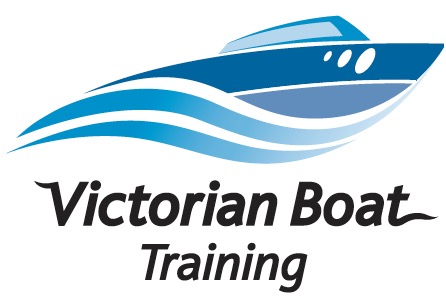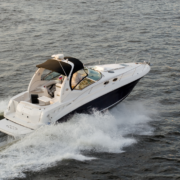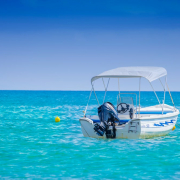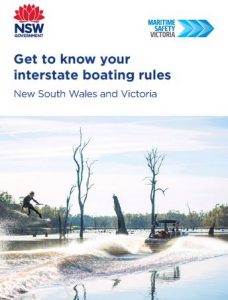Why you should have a Boating Season Checklist
Preparation is the key!
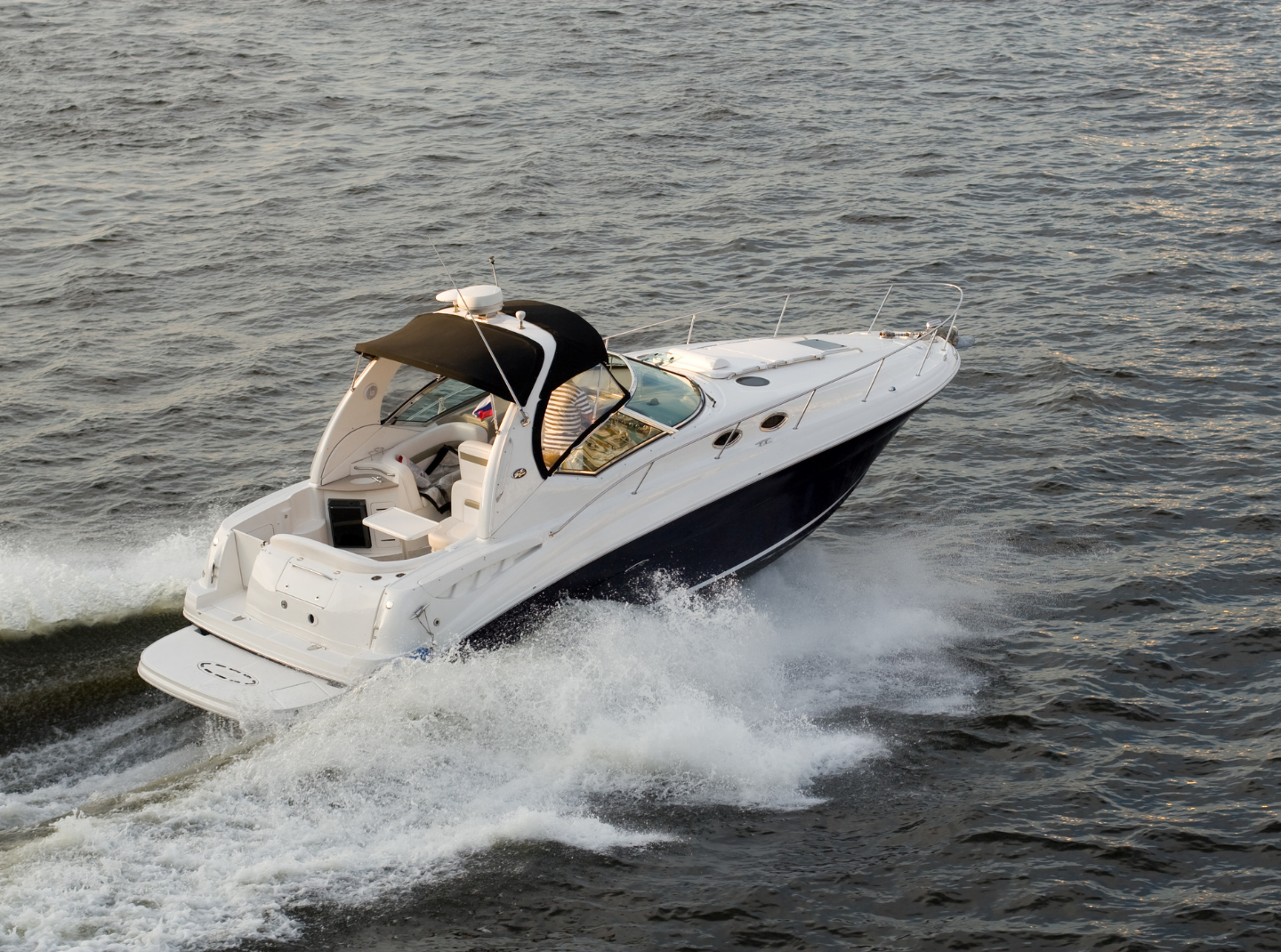
Boating is great fun but can be dangerous especially if you are unprepared.
The good news is that even though there has been an increase in the number of people boating, boating incidents have decreased and continue to significantly decline. The reduction in fatal recreational and commercial boating incidents can be attributed to a multitude of factors like improved standards in vessel design and equipment, through to compliance and education programs.
Being prepared before you go boating is a key factor to ensuring everyone’s safety and being prepared for as many possibilities as you can.
You will soon realise how essential it is to give the boat a thorough going over, especially after it has been idle for a while. It’s a great idea to create a seasonal checklist to make sure you can enjoy the boat safely all year round.
This should get you started:
Maintaining your Vessel
Not only is it important to have a vessel that is fit for the purpose for which it is to be used, but you also need to maintain your vessel in good working order.
The boat should be properly maintained over the seasons, pre-season, mid-season, and post-season. The type of maintenance required differs from each season for example in the pre-season check the wiring for cracking, loose wire, and corrosion, in the mid-season you need to check the fuel tank for water.
The Victorian Recreational Boating Safety handbook includes a handy table that provides information about the type of maintenance required for each part of the vessel.
Some of the maintenance can be undertaken by DIYer’s but there will be other seasonal tasks that require servicing by a professional marine centre. A service logbook is also a good idea like the one you keep for your car.
Don’t forget the trailers as they will also require regular servicing.
Safety – Education & equipment
People tend to think life jackets are not necessary but it’s a tragic fact that a very high proportion of drownings with recreational boats could have been prevented if a life jacket had been worn.
Checking of all Safety equipment should be a vital item on your checklist, do you have everything that’s required?
Lifejackets should comply with the current regulations and should be checked over to make sure straps aren’t frayed or that there is no mould or decay. You should also have enough life jackets that apply to the amount and size of the passengers you have on board your boat.
Flares and Emergency Position Indication Radio Beacon (EPIRB) can also expire so this must be checked regularly. Replace batteries in all battery-powered equipment and check the radio, doing a test call to check your radio is in good working order.
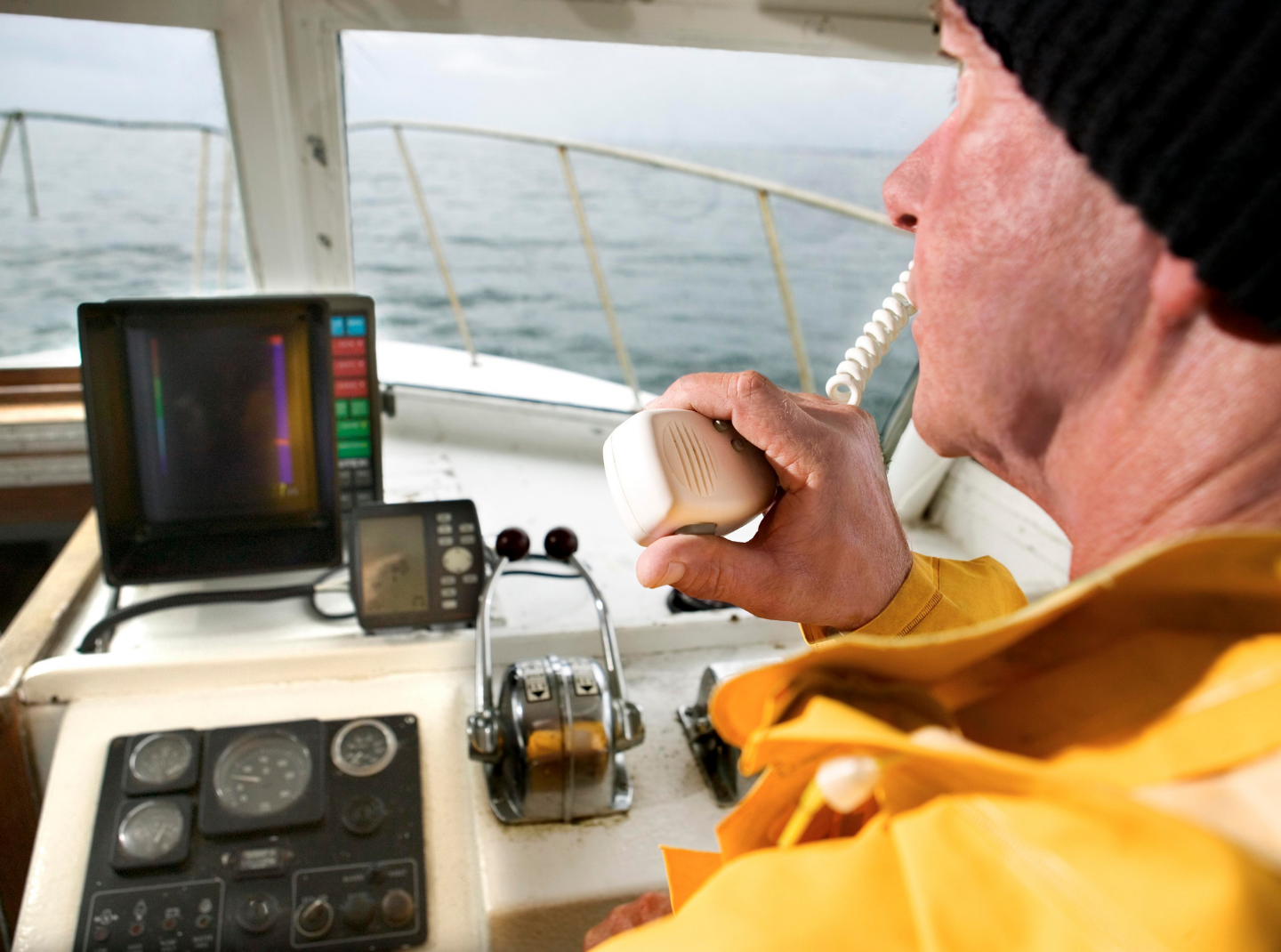
Other safety items to add to the checklist, would be replenishing the first aid kit and inspecting the fire extinguisher.
If you haven’t been out on the boat for a while, the boat is not the only thing that gets a bit rusty over winter! It might pay to refresh your memory and make sure you familiarize yourself again with the boating rules and safety procedures.
Boating with Children
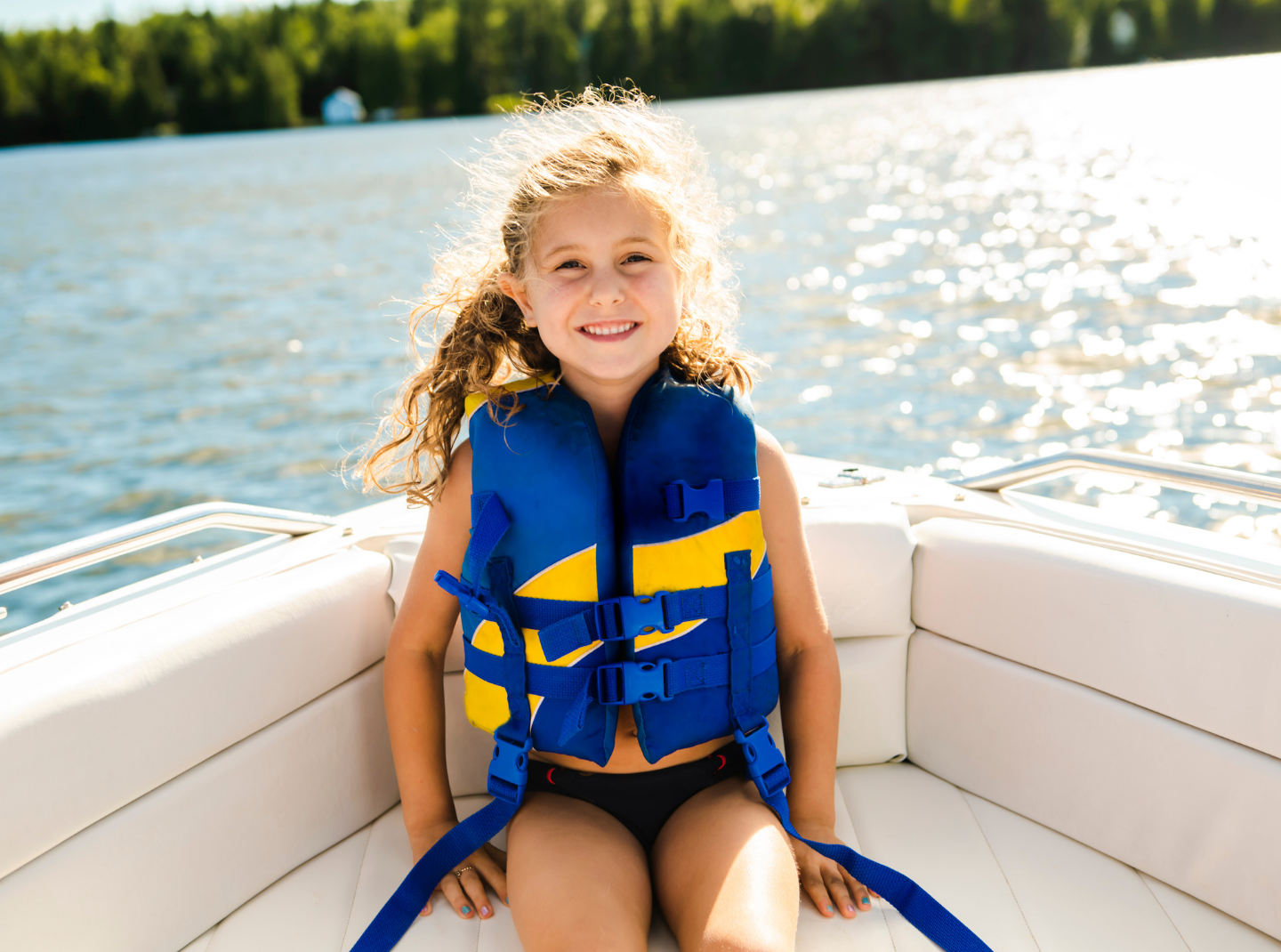
Many people love to enjoy boating with their young children, training, and education about safety on the boat can sometimes be overlooked. It is recommended that you invest some time in educating your child every year, so they are reminded and updated as they become older.
Here are some training and education tips:
- Show the children around the vessel, show them where the safety equipment is located like the first aid kit
- Teach them the emergency procedures like what should they do if the boat capsizes, how everyone should stay with the boat
- Teach them about stability, getting on and off the boat, and distributing the load evenly
- Before taking them boating, it is a good idea to teach your child to swim and practice emergency positions like treading water.
- Show children if they are old enough, how to use the radio and flares.
These are only a few of the checklist items that we recommend adding to your seasonal checklist. It’s worth taking the time to compile your checklist so you can make sure you are ready to enjoy your boating experiences.
Remember you are the skipper of your vessel!
A skipper is responsible not only for themselves but also for everybody who boards your vessel.
Safety and enjoyment are paramount, make sure to create a boating season checklist and give yourself piece of mind that you have everything covered!
 1300 VIC BOATS
1300 VIC BOATS 